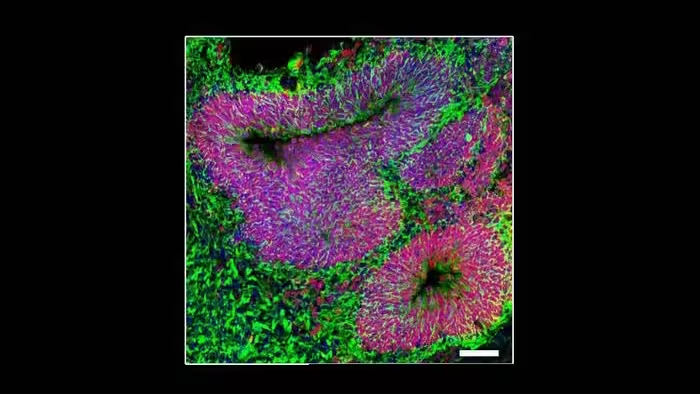New insights into brain mechanisms underlying empathy

A research team from the Italian Institute of Technology has uncovered a key brain mechanism that modulates how animals react to others’ emotions.
Printed e-tattoo ink-credible at reading brainwaves

Researchers at the University of Texas at Austin in the United States have created hair-friendly printed e-tattoos enabling simpler, continuous brainwave monitoring.
Learning through noninvasive manipulation of brain activity patterns

Scientists at the University of Rochester in the United States trained volunteers to categorise new objects using only direct feedback on their brain activity.
The heart has its own ‘brain’

Scientists at Karolinska Institutet in Sweden have uncovered a complex neuronal network within the heart, revealing potential treatment strategies for cardiac disorders.
Saying goodbye to traumatic memories: astrocytic manipulation of the fate of memory

Researchers at Japan’s Tohoku University have discovered that manipulating brain astrocytes can determine whether memories are retained or forgotten.
Other body parts form memories, not just the brain

New York University study shows kidney and nerve tissue cells learn and make memories in ways similar to neurons
“Human mini-brains” reveal autism biology and potential treatments

Scientists at the Scripps Research Institute in the United States have used patient-derived mini-brains to study autism and reverse brain dysfunction with an experimental drug.
First map of every neuron in an adult brain

Scientists at the University of Cambridge in the UK have produced the first full map of a fruit fly brain’s 139,000 neurons and 50 million connections.
Magnetically regulated gene therapy tech offers precise brain-circuit control

Weill Cornell Medicine in the United States has developed a non-invasive magnetic gene therapy to control brain circuits, potentially treating Parkinson’s disease.
ADHD headband aims to boost focus via 20 mins use per day

An Australian startup, Neurode, have developed a headband to help individuals with ADHD improve focus, impulse control, and memory.
